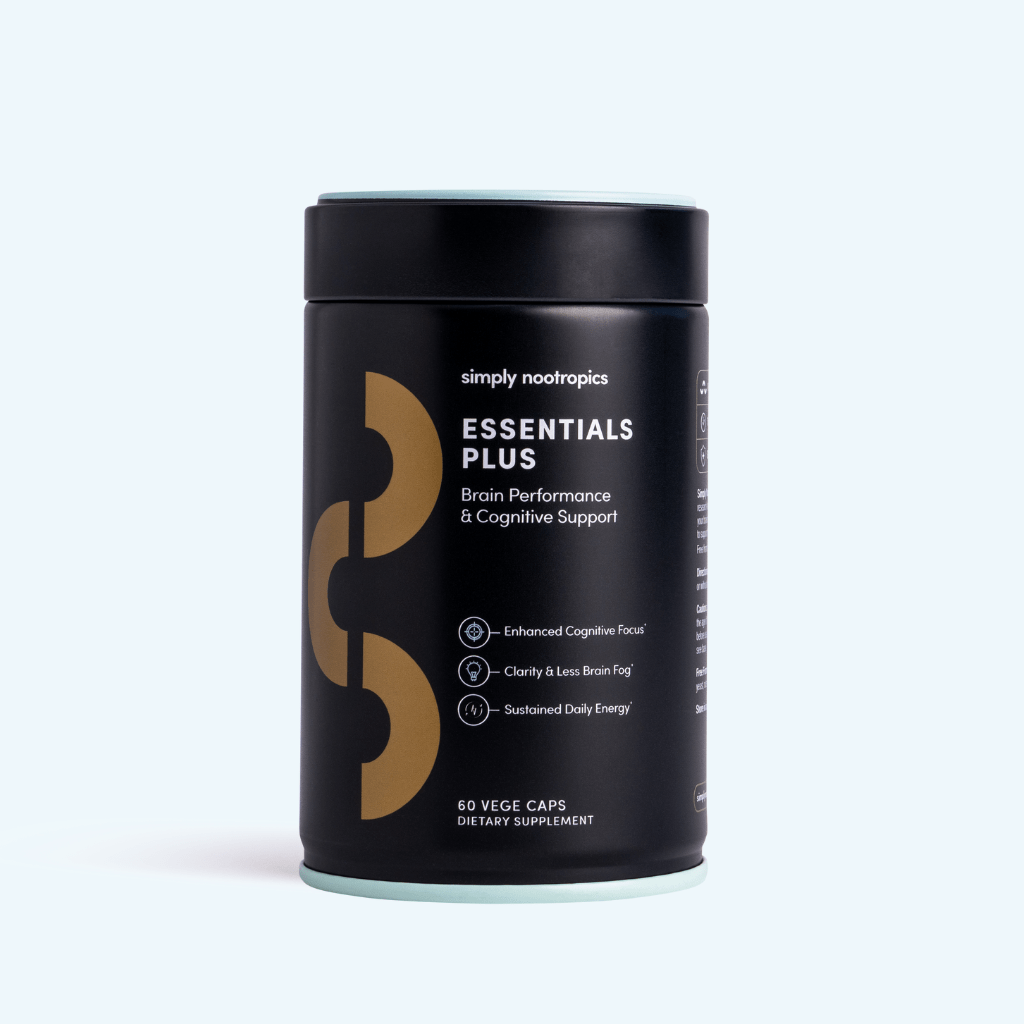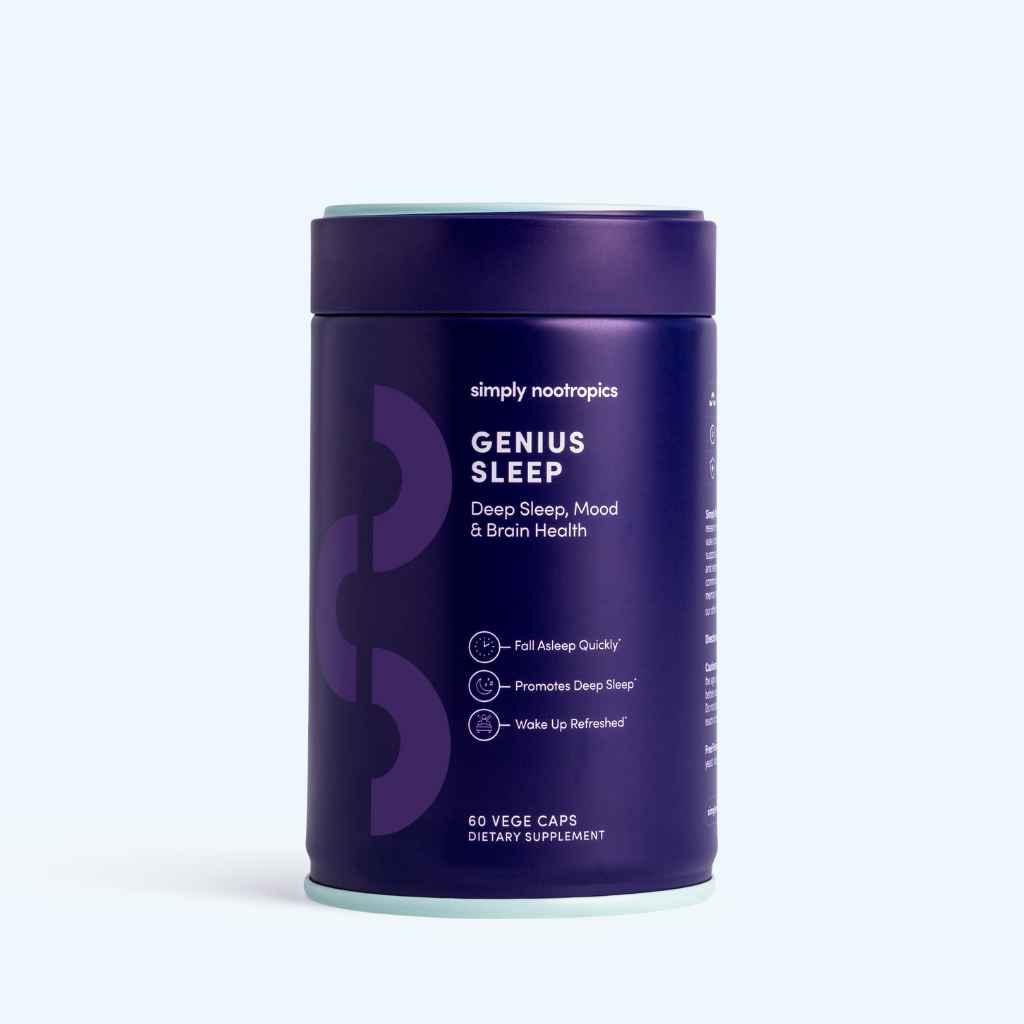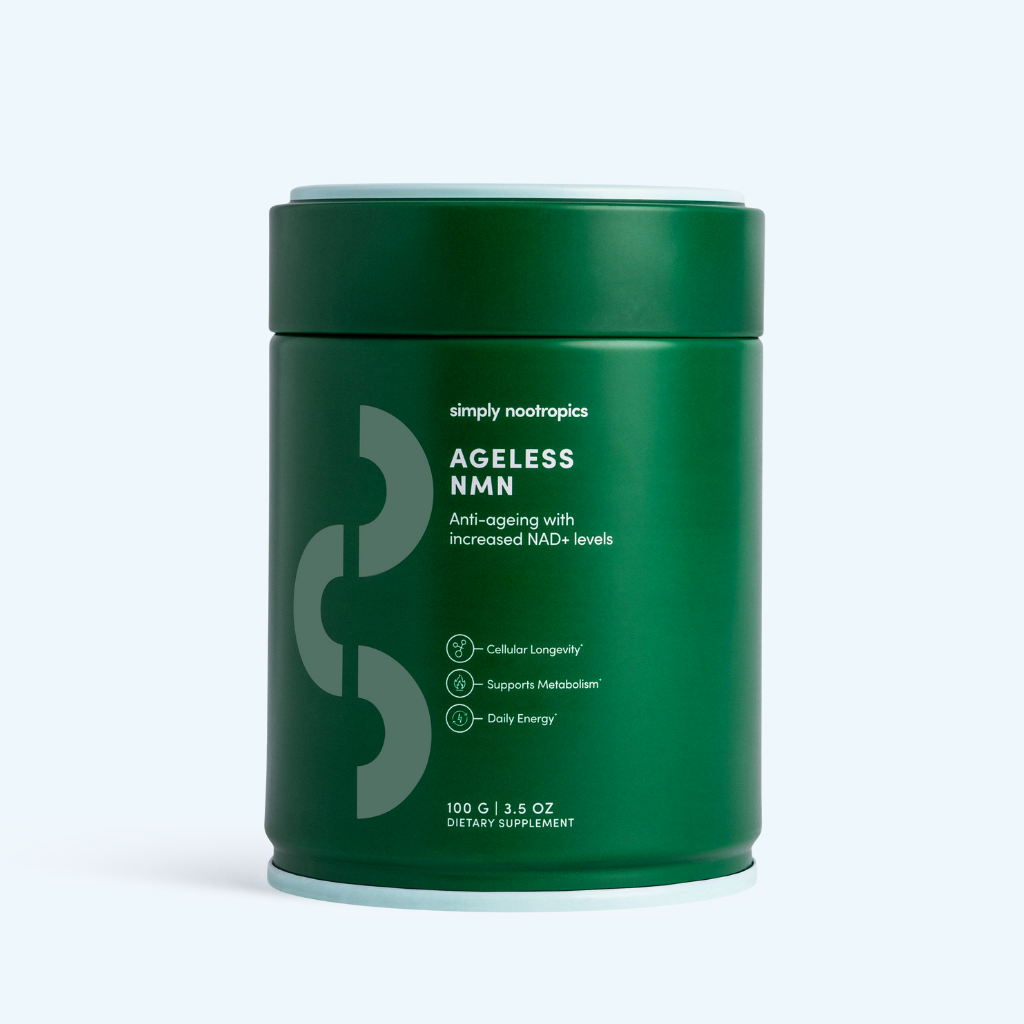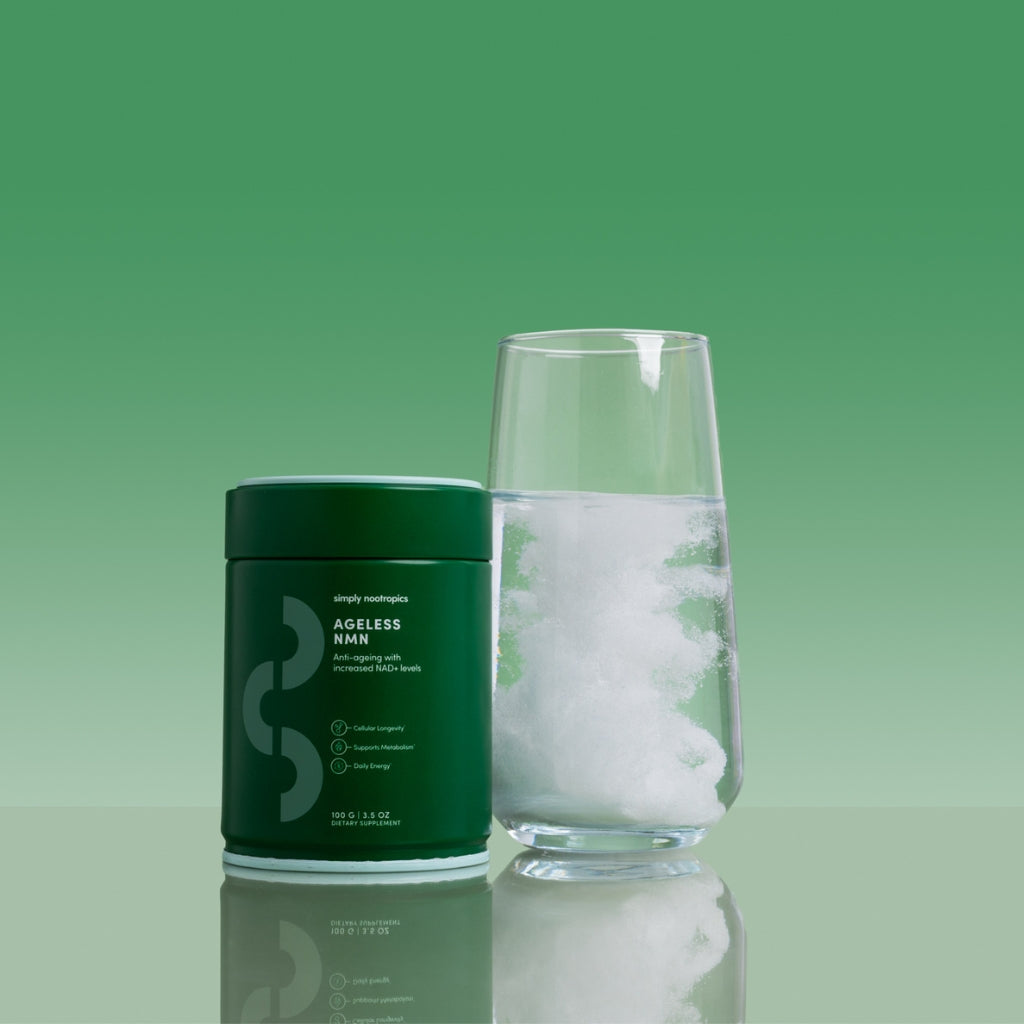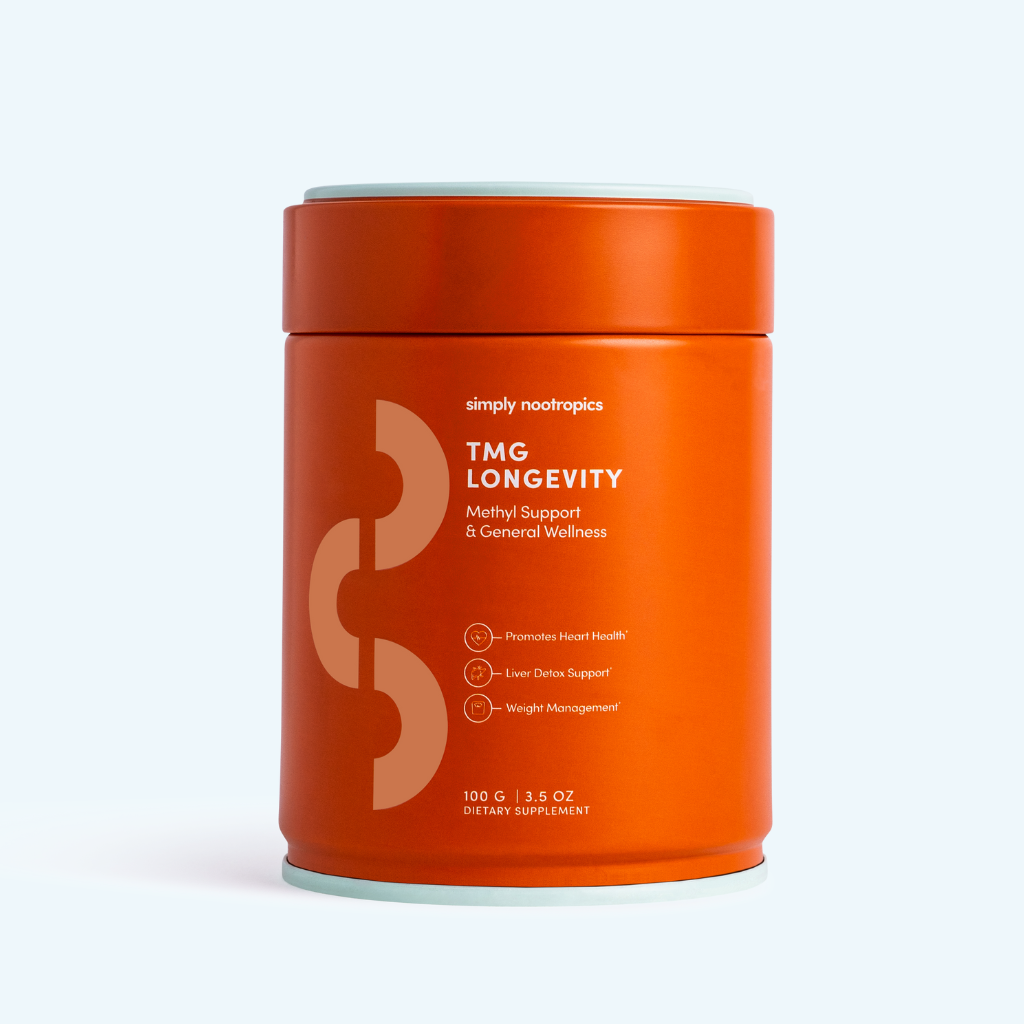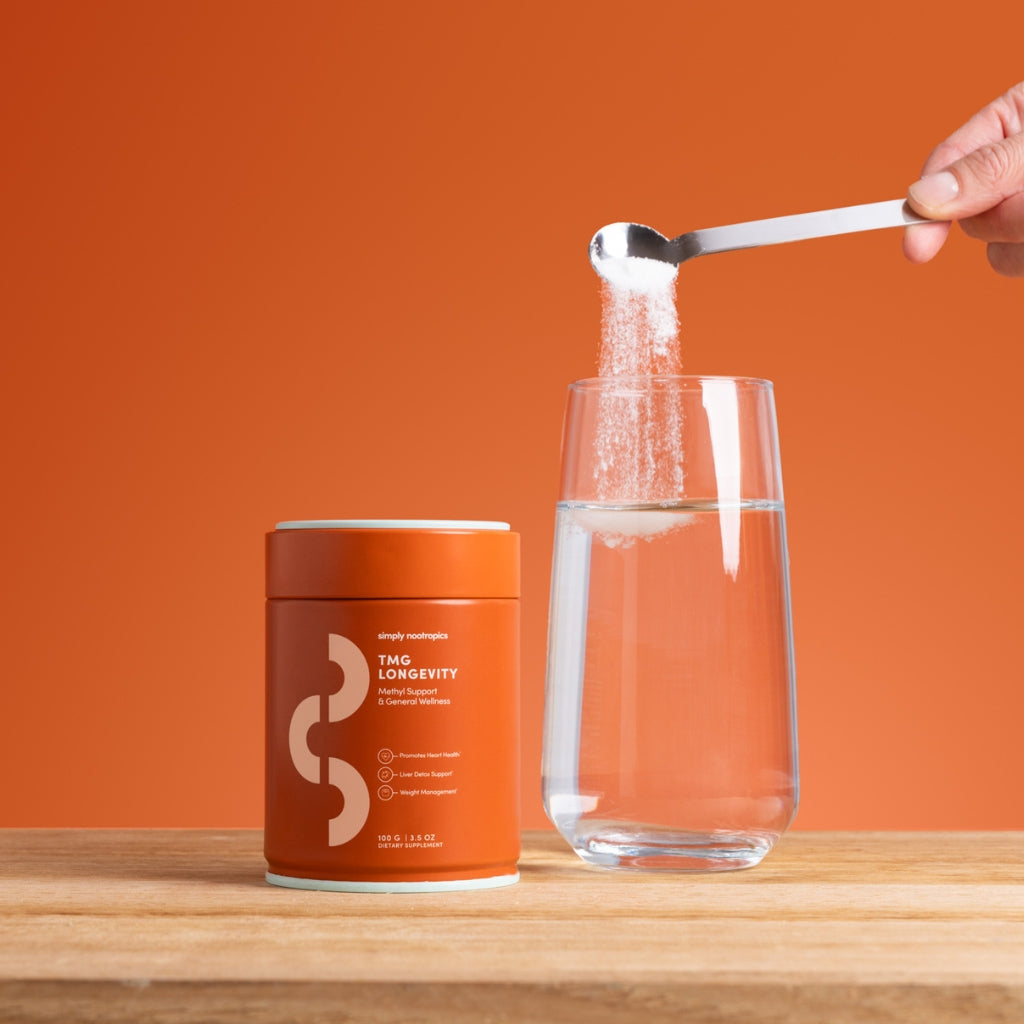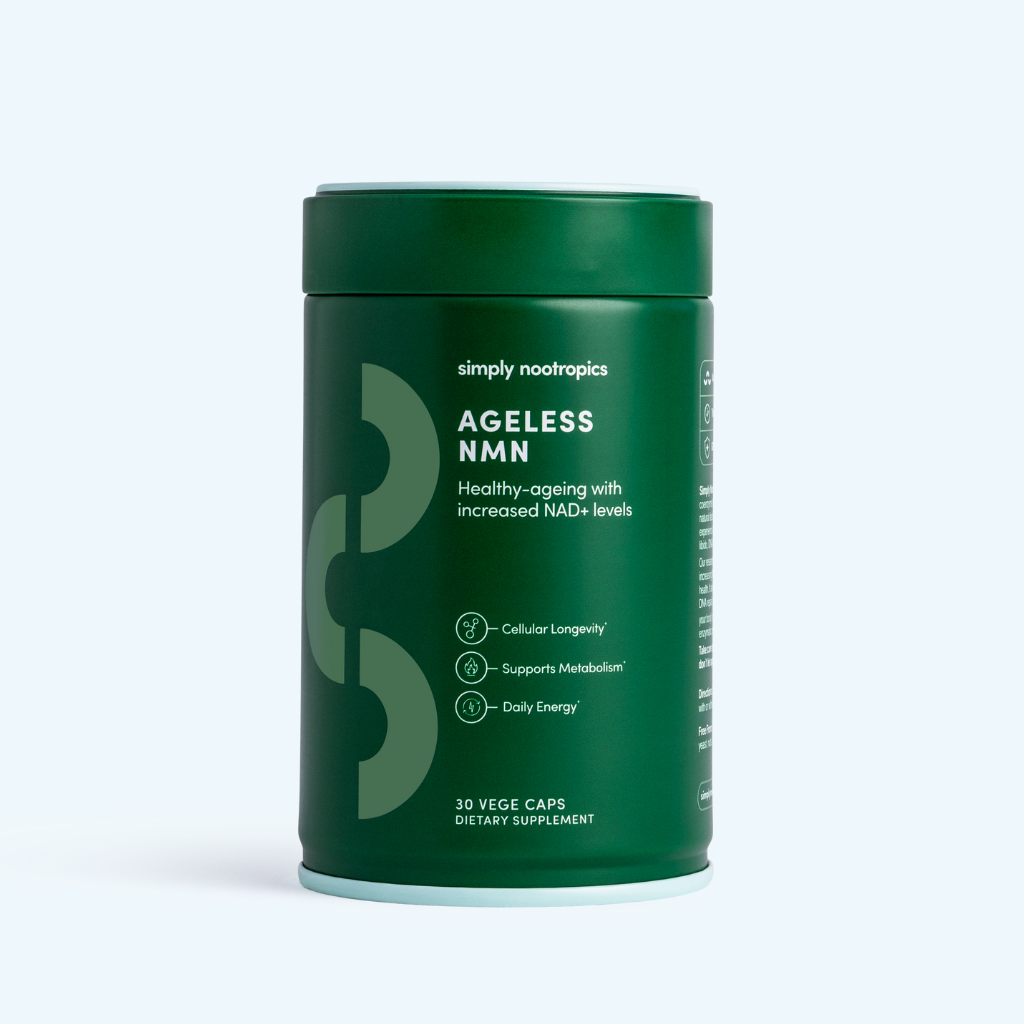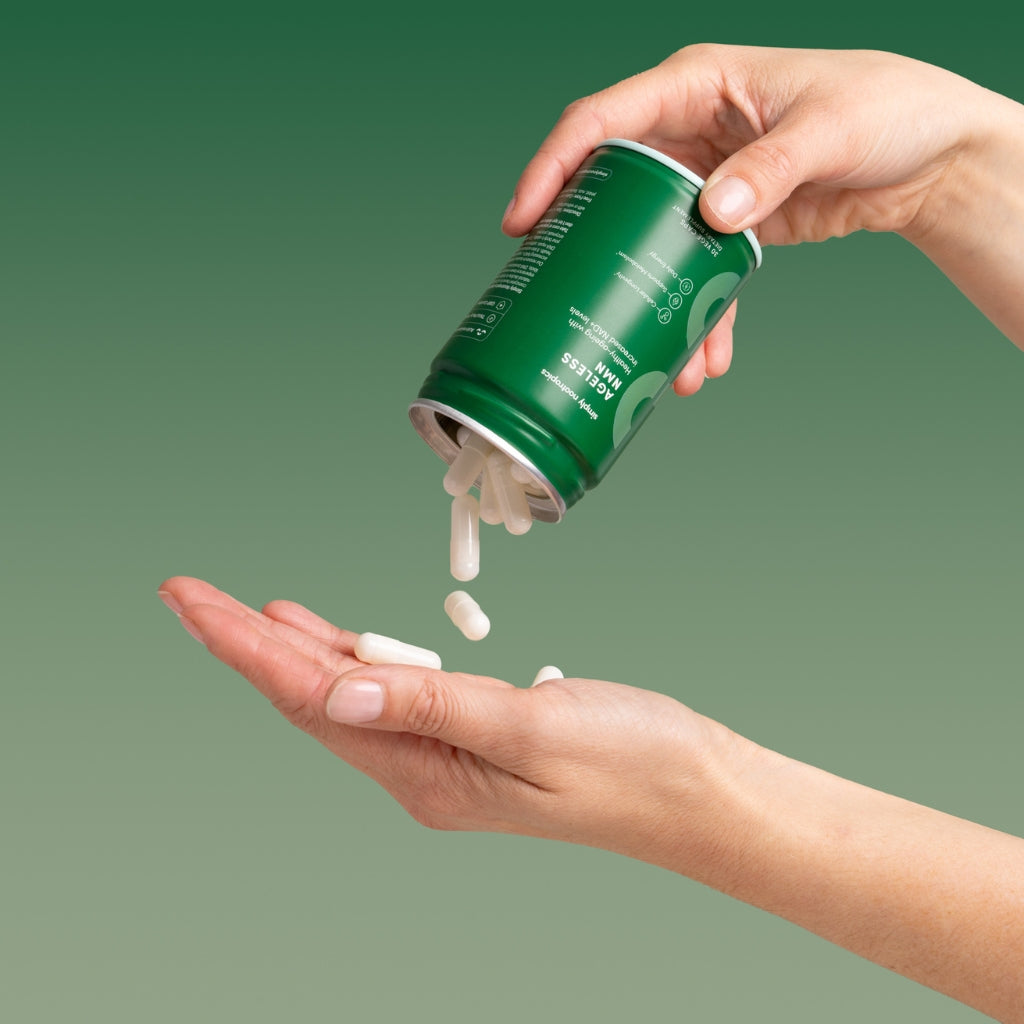When it comes to promoting health and preventing disease, nature has provided us with a great source of powerful compounds in the form of phytochemicals. These naturally occurring substances found in plants protect plants from pests, UV radiation, and diseases.
But more importantly for us, they offer a lot of health benefits, supporting everything from our immune system to our heart health. Let’s understand the scientific evidence supporting the efficacy of phytochemicals, and the best sources from fruits, vegetables, and herbs.
What Are Phytochemicals?
Phytochemicals, also known as phytonutrients, are bioactive compounds found in plants. Unlike vitamins and minerals, they are not essential for human life but are nonetheless important for optimal health. There are thousands of different phytochemicals, each with unique properties and health benefits. They are typically categorised into several groups, including flavonoids, carotenoids, glucosinolates, and polyphenols, among others.
Flavonoids
Flavonoids are a diverse group of phytochemicals found in many fruits and vegetables. They are known for their antioxidant properties and their ability to reduce inflammation.
Health Benefits
- Antioxidant Activity: Flavonoids neutralise free radicals, preventing cell damage and reducing the risk of chronic diseases such as cancer and heart disease.
- Anti-inflammatory Effects: They help reduce inflammation in the body, which is a key factor in many chronic diseases.
- Heart Health: Studies have shown that flavonoids can improve heart health by lowering blood pressure and improving blood vessel function.
Sources
- Citrus Fruits: Oranges, lemons, and grapefruits are rich in flavonoids like hesperidin and naringenin.
- Berries: Blueberries, strawberries, and blackberries contain anthocyanins, a type of flavonoid.
- Green Tea: A well-known source of catechins, which are potent antioxidants.
Recipe Idea:
- Citrus and Berry Salad: Combine oranges, grapefruit, blueberries, strawberries, and a drizzle of honey for a refreshing and antioxidant-rich fruit salad.
Carotenoids
Carotenoids are pigments responsible for the red, yellow, and orange colours in many fruits and vegetables. They are powerful antioxidants with numerous health benefits.
Health Benefits
- Eye Health: Carotenoids like lutein and zeaxanthin are essential for eye health, protecting against age-related macular degeneration.
- Immune Support: Beta-carotene, which the body converts to vitamin A, is crucial for a healthy immune system.
- Skin Health: Carotenoids help protect the skin from UV damage and improve overall skin health.
Sources
- Carrots: High in beta-carotene, which the body converts to vitamin A.
- Sweet Potatoes: Another excellent source of beta-carotene.
- Spinach and Kale: Rich in lutein and zeaxanthin, beneficial for eye health.
Recipe Idea
- Quinoa and Pomegranate Bowl: Our recipe contains sweet potatoes and kale to create a nutritious and carotenoid-rich quinoa bowl. You can find it here.
Glucosinolates
Glucosinolates are sulphur-containing compounds found in cruciferous vegetables, and are known for their cancer-fighting properties.
Health Benefits
- Cancer Prevention: Glucosinolates are converted into isothiocyanates and indoles, compounds that have been shown to inhibit cancer cell growth.
- Detoxification: They help activate enzymes involved in detoxifying carcinogens and other harmful substances.
Sources
- Broccoli: A rich source of glucoraphanin, which is converted into sulforaphane, a potent anti-cancer compound.
- Brussels Sprouts: Contain high levels of glucosinolates.
- Cabbage: Another cruciferous vegetable packed with glucosinolates.
Recipe Idea
- Roasted Broccoli and Brussels Sprouts: Toss broccoli and Brussels sprouts in olive oil, garlic, and a sprinkle of sea salt, then roast until crispy.
Polyphenols
Polyphenols are a large group of phytochemicals found in a wide variety of plant foods. They are known for their antioxidant, anti-inflammatory, and anti-cancer properties.
Health Benefits
- Heart Health: Polyphenols help improve heart health by reducing blood pressure, lowering cholesterol levels, and preventing blood clots.
- Cancer Prevention: They have been shown to inhibit the growth of cancer cells and reduce the spread of tumours.
- Brain Health: Polyphenols protect brain cells from damage and improve cognitive function, potentially reducing the risk of neurodegenerative diseases.
Sources
- Red Wine: Contains resveratrol, a powerful polyphenol with numerous health benefits.
- Dark Chocolate: Rich in flavonoids and other polyphenols.
- Olive Oil: High in hydroxytyrosol, a potent antioxidant.
Recipe Idea
- Dark Chocolate and Berry Parfait: Layer Greek yoghurt with dark chocolate shavings, mixed berries, and a drizzle of honey for a delicious and polyphenol-packed dessert.
How to Incorporate Phytochemicals into Your Diet
Eat a Rainbow of Fruits and Vegetables
Different coloured fruits and vegetables contain different phytochemicals. Try to include a variety of colours in your diet to maximise your intake of these compounds.
Choose Whole Foods
Whole foods, such as fruits, vegetables, nuts, seeds, and whole grains, are the best sources of phytochemicals. Minimise the intake of processed foods, which often lack these important compounds.
Drink Green Tea
Green tea is an excellent source of catechins, a type of flavonoid. Enjoy a cup of green tea daily to boost your antioxidant intake.
Snack on Nuts and Seeds
Nuts and seeds are not only rich in healthy fats and protein but also contain a variety of phytochemicals. Snack on a handful of almonds, walnuts, or sunflower seeds for a nutritious and phytochemical-packed treat.
Add Herbs and Spices to Your Meals
Herbs and spices, such as turmeric, garlic, and ginger, are rich in phytochemicals and can add flavour and health benefits to your meals, so you could use them generously in your cooking.
Try Supplementation
For those looking for an easy way to boost their intake of beneficial plant compounds, consider trying Simply Nootropics Essentials. This blend contains powerful ingredients like Ashwagandha, rich in withanolides; Brahmi, containing bacosides; Lion's Mane Mushroom, which includes hericenones and erinacines; and Ginkgo Biloba, known for its flavonoids and terpenoids. It's an easy way to support brain health and overall vitality.
Phytochemicals have been shown to promote health and prevent disease. So, next time you fill your plate, remember to include a colourful array of fruits, vegetables, and herbs to enjoy the many benefits of phytochemicals!

